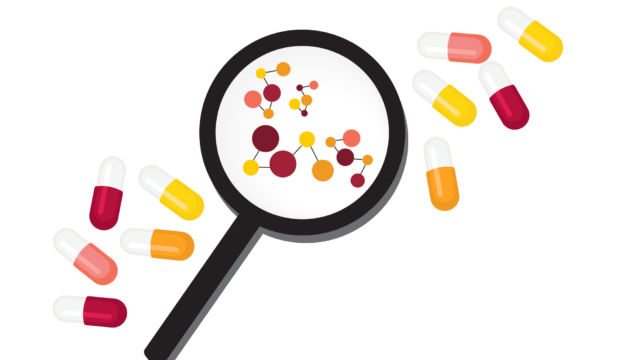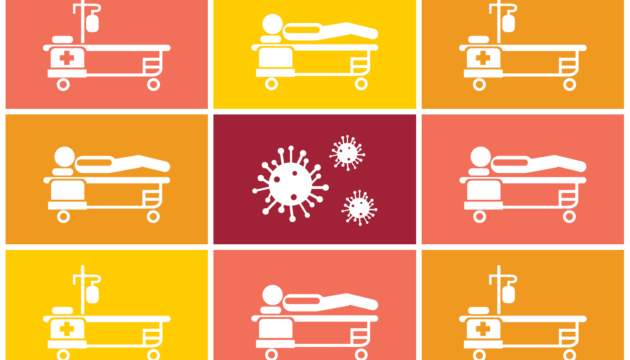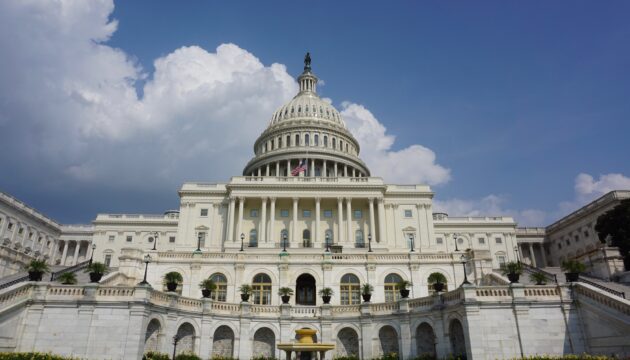Drug Pricing
Our work in Drug Pricing
-
Impacts of First-in-Class Drug Approvals on Future in-Class Innovation
Some claim that FDA approval of drugs with uncertain efficacy today will slow future innovation. In fact, the relationship is much more complex.
Categorized in -
Association of Drug Rebates and Competition With Out-of-Pocket Coinsurance in Medicare Part D, 2014 to 2018
Research from Schaeffer Center experts Darius Lakdawalla and Meng Li in JAMA Network Open finds U.S. insurers could use drug manufacturer rebates to lower retail pharmacy prices and reduce patient out-of-pocket burden by 38% on average, or 70% in the most competitive drug classes.
Categorized in -
Spending On Targeted Therapies Reduced Mortality In Patients With Advanced-Stage Breast Cancer
Costly targeted therapies are playing an increasingly important role in treating cancer.
Categorized in -
Targeted Therapies Linked to Improved Outcomes for Advanced-Stage Breast Cancer Patients
Targeted therapies accounted for about 90% of new active substance approvals in oncology between 2011 and 2018.
Categorized in -
Don’t Make Surgery Another COVID Casualty
Investing in minimally invasive tools can free up valuable beds when pandemic surges threaten to overwhelm hospitals, argues Van Nuys and Lakdawalla in MedPage Today.
Categorized in -
Insurer Formularies Complicate the Adoption of Biosimilar Cancer Therapies
A new blog post coauthored by Schaeffer Center experts in Health Affairs finds that insurer preferences for biologic and biosimilar drugs adds cost and complicates the work of hospital pharmacists and physicians.
Categorized in -
Minimally Invasive Surgeries Offer Strategies for Hospitals to Create Surge Capacity
While COVID-19 hospitalizations are down, a new Schaeffer Center white paper highlights the importance of investing in minimally invasive technologies that will allow hospitals to prepare for future surges.
Categorized in -
Reassessing the Value of Minimally Invasive Technologies in the Era of COVID-19
Minimally invasive technologies are capacity-conserving technologies that could reduce burdens on healthcare providers and hospitals while also shielding patients from unnecessary in-hospital exposure to pathogens.
Categorized in -
The Economics of Alternative Payment Models for Pharmaceuticals
Schaeffer Center experts show how specific market inefficiencies create a role for different value-based pricing structures for pharmaceuticals.
Categorized in -
Schaeffer Solutions: Health Policy Recommendations for the Biden Administration and 117th U.S. Congress
The USC-Brookings Schaeffer Initiative for Health Policy has developed practical recommendations and analysis in a number of critical policy areas.
Categorized in








